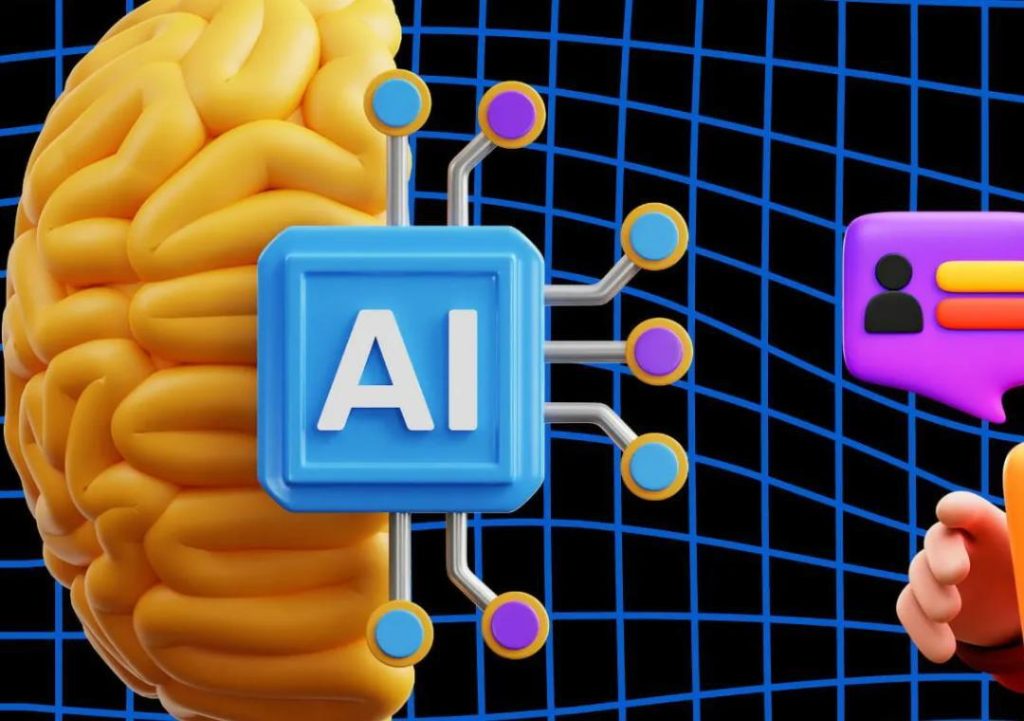
AI Adoption Driving Growth for D2C Businesses
The Direct-to-Consumer (D2C) model has revolutionized the way Indian businesses operate, especially in the e-commerce space. With the rise of online shopping, D2C brands have been able to cut out intermediaries and establish a direct connection with customers. However, in this competitive landscape, D2C businesses need to innovate and adapt quickly to stay ahead of the curve. Artificial Intelligence (AI) has emerged as a game-changer in this regard, enabling D2C brands to enhance their supply chains, optimize pricing, and personalize customer experiences.
In recent years, Indian D2C businesses have been actively adopting AI solutions to drive growth and scale efficiently. According to a report by Growth Jockey, the adoption of AI in D2C businesses is expected to grow by 20% year-on-year, driven by the need for improved operational efficiency, enhanced customer experiences, and reduced costs.
Supply Chain Optimization
One of the primary areas where AI is making a significant impact in D2C businesses is supply chain optimization. AI-powered tools can analyze vast amounts of data to predict demand, optimize inventory levels, and streamline logistics. For instance, AI-powered algorithms can identify potential bottlenecks in the supply chain and suggest alternative routes or suppliers to ensure timely delivery. This not only reduces costs but also enhances customer satisfaction.
For example, Indian D2C brand, Mamaearth, has leveraged AI to optimize its supply chain. By analyzing customer behavior and demand patterns, the brand was able to reduce its inventory levels by 20% and improve its delivery times by 15%. This has resulted in significant cost savings and improved customer satisfaction.
Pricing Optimization
AI is also being used by D2C businesses to optimize pricing. AI-powered algorithms can analyze customer data, market trends, and competitor pricing to determine the optimal price for a product. This ensures that prices are competitive, while also maximizing revenue and profit margins.
For instance, Indian D2C brand, BoAt, has used AI-powered pricing algorithms to optimize its pricing strategy. By analyzing customer behavior and market trends, the brand was able to increase its prices by 10% without affecting sales volumes. This resulted in a significant increase in revenue and profit margins.
Personalization
AI is also enabling D2C businesses to personalize customer experiences. AI-powered chatbots and virtual assistants can provide personalized recommendations, offers, and content to customers based on their behavior, preferences, and interests. This not only enhances customer satisfaction but also increases loyalty and retention rates.
For example, Indian D2C brand, Purplle, has used AI-powered chatbots to personalize customer experiences. By analyzing customer behavior and preferences, the brand was able to offer personalized product recommendations, resulting in a 25% increase in sales.
Predictive Analytics
AI-powered predictive analytics is another area where D2C businesses are seeing significant benefits. AI algorithms can analyze vast amounts of data to predict customer behavior, demand patterns, and market trends. This enables businesses to make informed decisions, anticipate changes in the market, and stay ahead of the competition.
For instance, Indian D2C brand, The Man Company, has used AI-powered predictive analytics to predict demand patterns. By analyzing customer behavior and market trends, the brand was able to anticipate changes in demand and adjust its inventory levels accordingly. This resulted in a 15% reduction in inventory costs and a 10% increase in sales.
Building Long-Term Loyalty
AI is also enabling D2C businesses to build long-term loyalty with customers. AI-powered loyalty programs can reward customers for their repeat purchases, referrals, and other desired behaviors. This not only enhances customer loyalty but also increases retention rates and reduces churn.
For example, Indian D2C brand, FabAlley, has used AI-powered loyalty programs to reward customers for their repeat purchases. By analyzing customer behavior and preferences, the brand was able to offer personalized rewards and offers, resulting in a 20% increase in repeat business and a 15% increase in customer loyalty.
Scaling Efficiently
Finally, AI is enabling D2C businesses to scale efficiently in a competitive landscape. AI-powered tools can automate routine tasks, streamline processes, and enhance operational efficiency. This enables businesses to scale quickly and efficiently, while also reducing costs and improving customer satisfaction.
For instance, Indian D2C brand, SUGAR Cosmetics, has used AI-powered automation tools to scale efficiently. By automating routine tasks and processes, the brand was able to reduce its operational costs by 15% and improve its delivery times by 10%. This has enabled the brand to scale quickly and efficiently, while also improving customer satisfaction.
Conclusion
In conclusion, AI adoption is driving growth for D2C businesses in India. By leveraging AI, D2C brands can enhance their supply chains, optimize pricing, personalize customer experiences, predict demand, and build long-term loyalty. As the competitive landscape continues to evolve, D2C businesses that adopt AI-powered solutions will be better equipped to stay ahead of the curve and drive growth and scale efficiently.
News Source:
https://www.growthjockey.com/blogs/adopt-ai-to-scale-your-d2c-business-in-india






